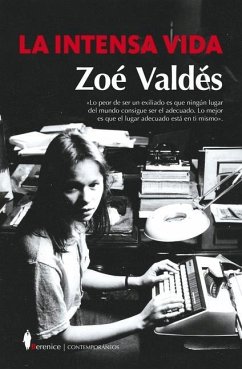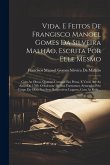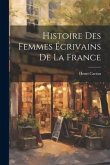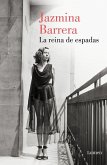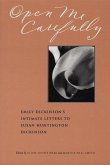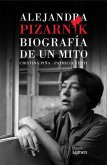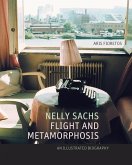"Zoâe Valdâes grew up in Havana back in the sixties, as a restless and sappy girl, between the deprivations and the iron control of the Castro dictatorship. At that time, she did not know that, a few years later, she would become the most famous Cuban writer of her time. But the yearning for freedom, as in so many other cases, ultimately prevailed, and in 1995, while invited to a conference on Josâe Martâi in Paris, she asked for political asylum in France. That decision would mark her life and would be the beginning of a long series of recognitions and awards for a fruitful and impeccable literary career. In "The Intense Life Zoâe looks back and remembers the land in which she was born and its people, as well as the beginnings of her passion for writing. The funniest and most endearing stories go hand in hand with the bitter moments, when the shadow of the Castro regime reveals its true face. But there is also room here for Parisian episodes of immersion in a new culture, strange but fascinating, or titles such as that of Samuel Beckett, thus configuring a sort of memoirs without an exhaustive desire and with the genuine imprint of a writer of race, who turns everything she touches into literature." --
Hinweis: Dieser Artikel kann nur an eine deutsche Lieferadresse ausgeliefert werden.
Hinweis: Dieser Artikel kann nur an eine deutsche Lieferadresse ausgeliefert werden.

